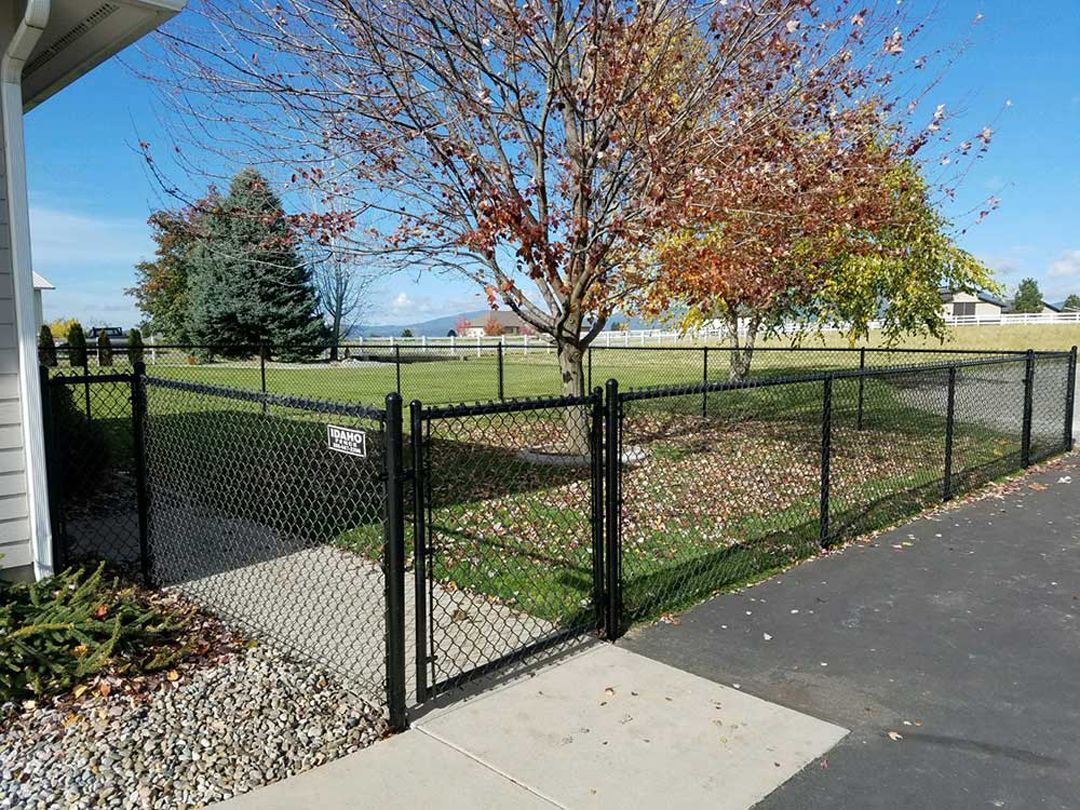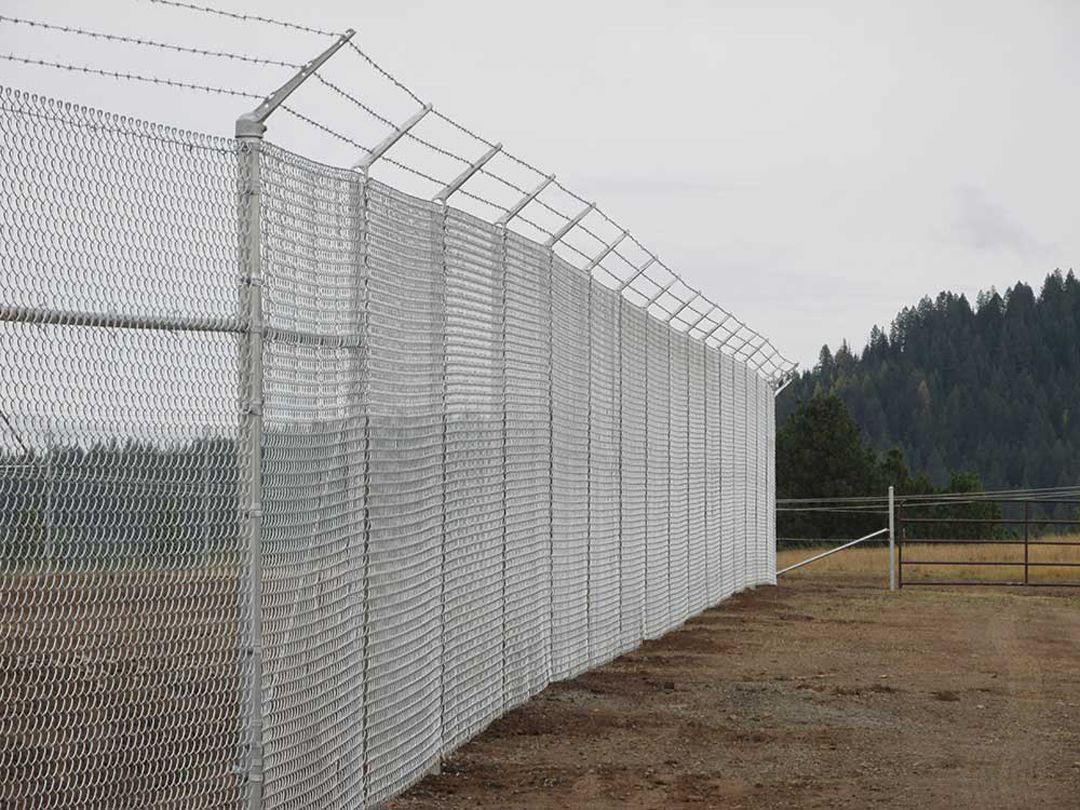Comparing Vinyl and Wood Fencing Materials
When choosing a fence for your property, vinyl and wood are the two most popular options. Each comes with distinct benefits and limitations, making it important to weigh your priorities, aesthetic desires, and budget.
We’ll guide you through the essential aspects of vinyl and wood fences to help you choose the material that best suits your home.

Is Vinyl Fencing Right for You?
- Durability: Vinyl fences are known for their durability, resisting weather damage, pests, and rot for many years.
- Low Maintenance: Vinyl fencing is incredibly low-maintenance, needing only occasional washing, as it doesn’t require painting or staining.
- Cost: Vinyl fences may cost more upfront, but their durability and low maintenance can save money in the long run.
- Drawback: Vinyl fences offer fewer color and style options, which might limit customization to match your home’s aesthetic.
Why Consider Wood Fencing?
- Aesthetic Appeal: Wooden fences have a timeless, natural charm and can be customized with various stains and paints.
- Cost: Wooden fences are often more cost-effective to install than vinyl fences.
- Maintenance: Wood fences need consistent care, including painting, staining, and repairs, to maintain their appearance and prevent rot.
- Lifespan: The lifespan of a wood fence can be shorter, particularly in areas that experience harsh weather or humidity.
Cost Breakdown: Vinyl Fencing vs. Wood Fencing
The initial cost of a vinyl fence is often higher than that of a wood fence. However, vinyl’s low maintenance requirements can save you money in the long run. Wood fences, while cheaper to install, may require frequent upkeep, which can add up over time.
If you’re considering long-term value, vinyl might be the better option. However, for those with a tight budget or short-term needs, wood can be a more cost-effective choice.
Which Fencing Material is More Eco-Friendly?
Wood is a renewable resource, making wood fences more eco-friendly, although chemical treatments can lessen their environmental benefits. Vinyl is not biodegradable but offers a long lifespan, reducing its environmental footprint over time.
Consider sourcing sustainably harvested wood or recycled vinyl for a greener choice.
